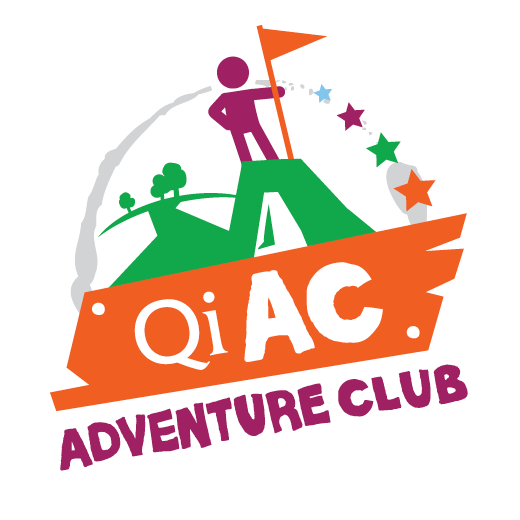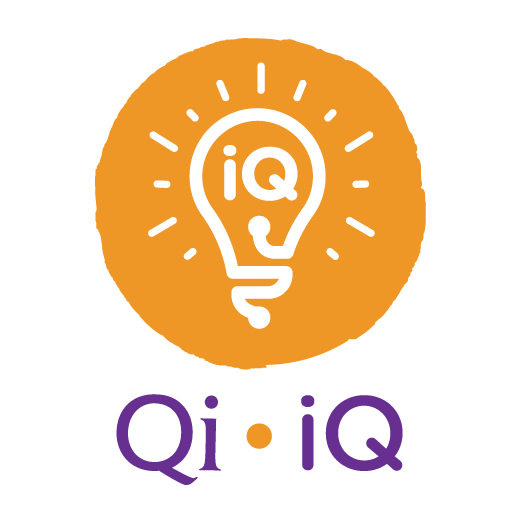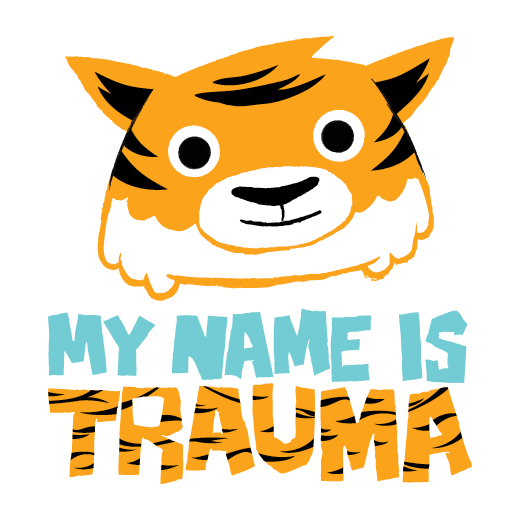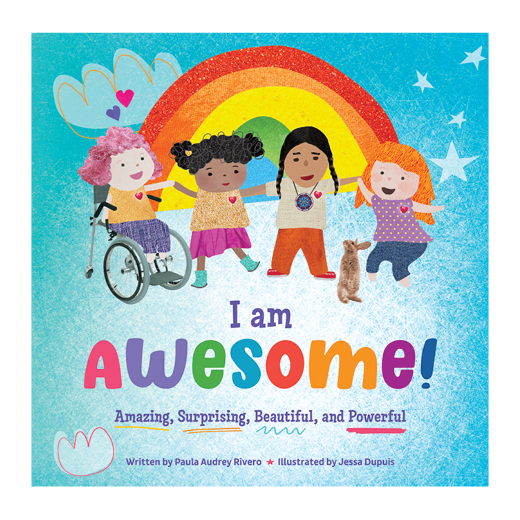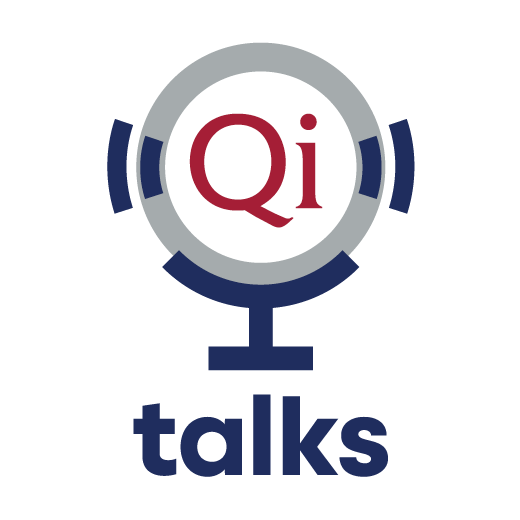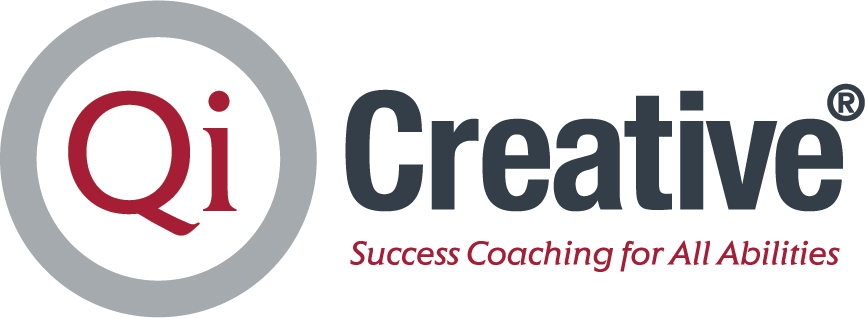Five Facebook Groups for Pediatric Therapists
Image: Two adults are seated, with two laptops, a notepad and pen, and a mug of coffee at a table in front of them.
Therapists and healthcare providers of all types know that learning and practicing their specialty is seldom a solo venture.
It can take networking, and staying updated in the latest publications, to provide care that is current and of best practice. Luckily, connecting with other professionals within your field has never been easier.
By joining active and dynamic Facebook groups within your field, you can ask questions, give answers, encourage debate, find conference and lecture opportunities for professional development, and exchange information without leaving your home.
Keep in mind—none of these groups are meant to grow your business or promote yourself. In fact, all of them actively discourage it at risk of losing your membership. Nonetheless, they remain an excellent way to network with colleagues and expand your connections within your field while nurturing your knowledge and experiences.
Unlike our past blog post regarding parent groups, these Facebook groups will require verification as a therapist and/or healthcare professional for entry.
With the points mentioned above in mind, please take a look at five Facebook groups for therapists, all of them covering diverse fields and areas of study.
Therapist Neurodiversity Collective Study Group
For those therapists that are currently aiming to acquire membership in the Therapist Neurodiversity Collective, joining this group is not an option as much as a must.
As the name indicates, it is a collective study group administered and managed by the Therapist Neurodiversity Collective that encourages self-learning towards the Collective’s practices.
As you may expect, the group is only open for licensed/credentialed therapists currently practicing, which includes OTs, PTs, SLPs, and more. Likewise, it is also open to all university therapy students that are already enrolled in an accredited therapy degree program. To ensure a selective membership, all applicants will be verified.
Do keep in mind that the Therapist Neurodiversity Collective—founded by Julie Roberts, M.S., CCC-SLP—aims to create a radical change in the way therapy practices take place. At the same time, they encourage a new set of practice standards, which means that ABA and ABA-derived practices are not welcomed.
Overall, this group is an academic haven that encourages the exchange of information and self-learning practices to understand and apply the Collective’s methods. It does not allow memes or jokes, and the content remains strictly professional and heavily monitored to ensure a flawless educational experience.
Pediatric Feeding Therapists
With 15.5k members, Pediatric Feeding Therapists is an active social hub for professionals who actively take part in the pediatric field with a focus on feeding challenges and disorders.
Created and administered by Jennifer Davis, MS, OTR/L, the founder of Joy & Laughter Development Therapy, Pediatric Feeding Therapists was established with the purpose of enriching the knowledge and expertise of feeding therapists everywhere by sharing stories of success, doubts, questions, and ideas.
By nurturing a healthy feedback system, professionals everywhere will be able to remain updated on the latest developments in the pediatric feeding field through discussion and debate, which encourages further growth and better results.
Keep in mind that membership requests are strongly monitored, and only a list of limited professional occupations are welcomed, as well as those currently studying in those respective fields.
Nonetheless, anyone can contact the administrator team with their specific circumstances, as they state they are open to evaluating situations on a case-by-case basis.
Trauma Informed Occupational Therapists
Officially defined as a “professional brainstorming” hub, Trauma Informed Occupational Therapists is a community that welcomes occupational therapists, assistants, and students aiming to enrichen their knowledge from a trauma informed perspective.
Open to any learning or practicing occupational therapist, this brainstorming and feedback group allows members to acquire further knowledge through insight and discussion of different perspectives. Likewise, members are encouraged to publish and aboard new research in the field of trauma-induced mental, behavioral, and emotional conditions.
Although off-topic discussion and self-promotion topics are not encouraged, Trauma Informed Occupational Therapists are open to reading, reviewing, and providing feedback on research projects and other types of academic works, as long as they have a clear focus on trauma informed occupational therapy.
Pediatric Pelvic Health Physiotherapy
Pediatric Pelvic Health Physiotherapy is a group created and administered by Dawn MacConkey-Sandalcidi, PT, RCMT, BCB-PMD—of Kids Bowel and Bladder fame—and Dr. Carina Siracusa, PT, DPT, WCS, OnCS.
Both of these talented experts lead the discussion and research within the forum. Under their moderation, these discussion boards are meant for physiotherapists and health professionals of all fields to research, discuss, and analyze any academic and medical content associated with pelvic health and pediatric patients.
As a hub created by professionals for professionals, debates are not only allowed but also encouraged. However, it is needless to say that the content will be heavily monitored to ensure all discussion remains focused on pelvic health and pelvic floor dysfunction with a pediatric angle.
Pediatric Pelvic Health Occupational Therapists
Pediatric Pelvic Health Occupational Therapists is a group created by pediatric pelvic health OTs for other healthcare professionals interested in this particular field. It was created by Quiara Smith—an occupational therapist with over 11 years of experience—and is managed by her alongside her Aloha Integrative Therapy team
Membership is monitored, with administrators only accepting licensed healthcare professionals and students within OT, PT, and physiotherapy fields.
This small but dynamic Facebook group counts with 800 active members that keep ongoing discussions on a daily basis, as it is mandatory to participate in group questions to guarantee dynamic membership and perpetual interest.
Although the measure may seem strict, the group prides itself on being an active hotspot for learning and dynamic exchange of information, thus activity and contributions to the group are highly encouraged.
